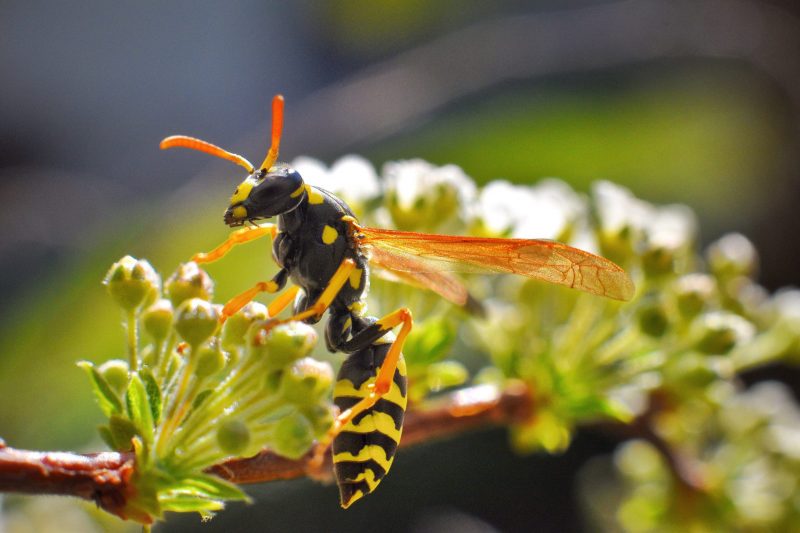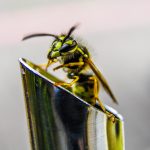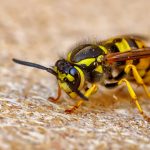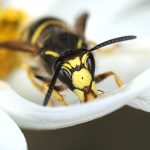It’s not a smart idea to go head to head with wasps. In the vast majority of circumstances, you will fail. Wasps become aggressive and try to sting you for a variety of reasons. It’s not a smart idea to irritate them. If you can safely destroy a wasp nest while it is being built, do so right away. The larger the nest, the more wasps will be drawn to it.
The more wasps that appear, the more probable it is that you may get stung.
Is it true that wasps die after they sting? No, wasps preserve their venom and can sting you more than once. The venom is both painful and effective. Take a look at what it implies below.
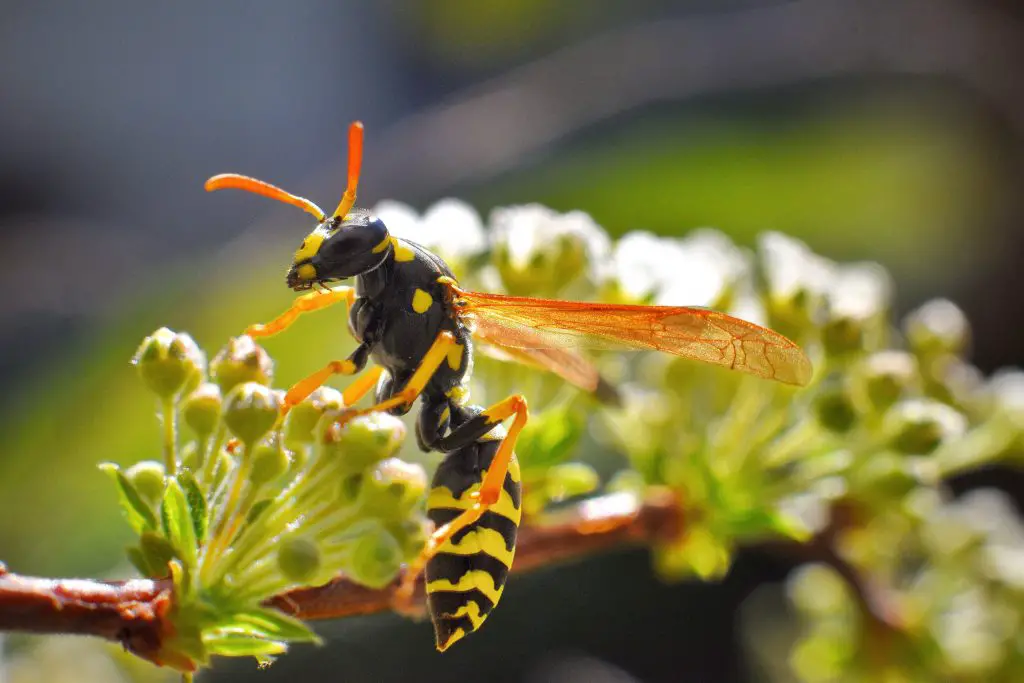
What happens?
Any animal or bug that stings or bites you is not a good thing. Although the human body is designed to deal with bites and stings, this does not mean that humans enjoy the confrontation. Keep in mind that everyone’s reaction to a wasp sting is different.
Wasp venom has the potential to put a person in a major condition, such as shock. If you are allergic to the wasp’s venom, your body may react negatively as it battles the poison.
In the mildest situations, you will experience pain from the initial strike, redness in the sting location, and swelling as your white blood cells combat the invasive venom. You may also detect a little white mark at the wound’s center in some cases. That is where the stinger made contact with your skin.
If you have an allergic response to the stinger’s venom, the swelling in that place will rise as your body’s white blood cells rush to the site of the venom’s entry. A person who does not have a tolerance for this sort of venom may have difficulty breathing and endure increased pain sensations, necessitating quick medical assistance.
What Happens To a Wasp After It Stings You?
When wasps attack humans or other insects, they grow so excited that they sting several times until the subject becomes sensitive to the sting venom. You may experience discomfort if a wasp stings you. Avoid upsetting wasps swarming around their nest since they may attack in swarms. Wasps, unlike certain bee species, do not die after stinging you once.
Instead, the deadly stingers of a wasp strike you several times, causing a strong allergic reaction. Some bee species die after stinging, but wasps are not among them. The female wasp possesses stingers, whereas the male wasp has not. In the affected area, you may experience redness, swelling, and itching.
Why Do Wasps Die After They Sting You?
After stinging you, wasps do not die. A wasp sting could cause a serious allergic reaction. Wasp and bee nests should both be avoided by humans.
Wasps do not die immediately after stinging you. When bees bite you, their stinger stays in your skin, whereas the painful stinger of a wasp does not. Similar to a bee sting, the pain of stinger venom causes a thickening with a white mark in the center where the stinger enters. Because their stingers linger in the flesh, some bees, such as honeybees, die after stinging.
Do wasps make nests as a way to protect themselves when they sting?
Do wasps build nests as a way to protect themselves when they sting? Yes, they do. Creating intricate paper nests is essential for their survival as it provides a safe haven against predators. These nests, constructed using wood fibers and saliva, serve as both protection for the wasps and their offspring. Understanding how wasps build nests sheds light on their fascinating social structure and their means of self-defense.
Do Wasps Leave Their Stinger In You?
Wasps do not sting you and then leave their stinger behind. Wasp stings differ from bee stings in that bee stings are jagged at the tip, but wasp stings are smooth. As a result of the silky wasp sting, they can sting several times and assault multiple times. The poison of the stings produces swelling and agony, and in certain cases, breathing difficulties.
Although wasp venom is not lethal, the swelling or allergy reaction caused by it might linger for two weeks or longer, based on the intensity of the attack. Only when agitated or annoyed do the little insect sting. So, to avoid a wasp sting, try to destroy a wasp nest. Soldier wasp nests may attack in a coordinated attack if they feel threatened.

